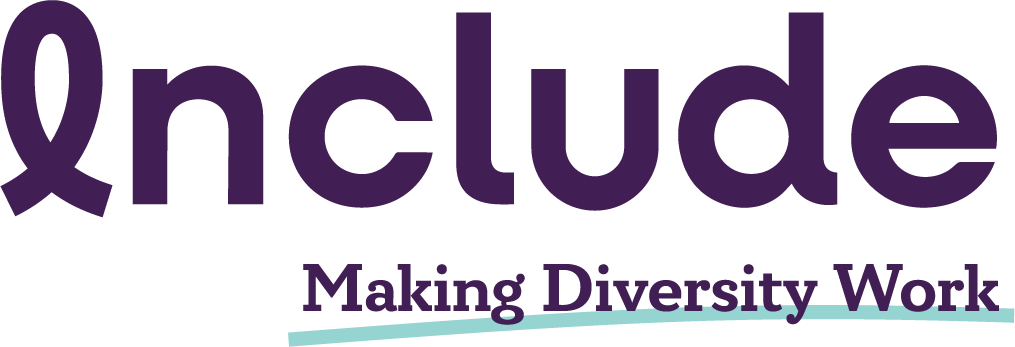To progress their Diversity, Equity and Inclusion (DEI), organisations are increasingly realising the need to align the entire employee experience with the DEI journey. Yet, one area often overlooked is DEI in performance management.
Traditionally, performance management operated within standardised frameworks without full consideration of the unique needs and experiences of a diverse workforce.
To create inclusive cultures, performance management needs to be re-evaluated and redesigned. By aligning performance management with DEI principles, organisations can foster engagement, unlock employee potential, and drive individual and organizational success.
This article explores the importance of redesigning performance management through a DEI lens and provides practical insights on creating a more inclusive and engaging process.
Why bother?
Performance management is an ongoing process that contributes to the effective management of individuals and teams to achieve high levels of organisational performance. When done effectively it can be extremely valuable!
By creating clear alignment across the organisation, performance management can drive ongoing development, improve individual and organisational performance, and boost engagement and motivation.
A Gallup study found that companies with higher employee engagement levels outperform their peers by 147% in earnings per share. Inclusive performance management practices empower employees, providing them with a sense of belonging, purpose, and recognition, which leads to increased engagement and productivity.
The reality of performance management
Despite being a fundamental organisational practice, performance management is often perceived by HR practitioners, managers, and individual contributors as inaccurate, ineffective and vague.
Research shows that 95% of managers are dissatisfied with performance reviews, and only 13% of employees find the performance review process useful.
Globally, performance management is often perceived as unfair because the process is often not transparent, inconsistent and prone to bias.
This poor effectiveness of performance management can impact motivation and productivity among employees. According to Deloitte’s 2019 State of Inclusion report:
- 68% of employees reported that bias had a negative effect on their productivity
- 70% believed the bias they experienced negatively impacted how engaged they felt at work
- 84% said that bias negatively affected their happiness, confidence, and well-being
According to Gallup’s State of the Global Workplace: 2022 Report, employees who are not engaged or who are actively disengaged cost the world $7.8 trillion in lost productivity, that’s equal to 11% of global GDP!
Re-designing performance management to boost engagement
For performance management to be perceived as inclusive and fair, research points to three key components:
Equity in performance management involves treating employees fairly and providing equal opportunities to all for growth and recognition, regardless of their background or characteristics.
Transparency in performance management promotes open communication, clarity, and trust. By fostering transparency, organisations can enhance employee understanding of the evaluation process and create an environment where individuals feel comfortable sharing feedback and seeking improvement.
Accountability in performance management ensures that there are checks and procedures in place to review decisions made around performance to improve fairness and objectivity.
By integrating all three elements successfully into performance management, organisations can foster a culture of fairness, objectivity, and continuous improvement.
Here are some key reflection questions to consider when re-evaluating existing performance management practices:
Equity:
- Do the performance evaluation criteria reflect the organisation’s values?
- Are there any disparities in performance scores across diversity dimensions such as gender, ethnicity, or disabilities?
Transparency:
- Do managers regularly review their employees’ performance throughout the year?
- Do employees understand the connection between their performance outcomes and the consequences or rewards that follow?
Accountability:
- Do managers involve their employees in the agreement of their goals?
- Are managers held accountable for providing objective performance ratings and providing constructive feedback?
These questions can help HR and leaders identify areas for improvement and develop strategies to redesign their performance management practices in a way that prioritises these essential elements. Through this process, organisations can maximise the potential of every employee and create an environment where all individuals have an equal opportunity to thrive and contribute their best.
For those keen to bring these inclusive practices into their workplace, a good place to start would be the Inclusive performance management e-learning module from the DEI Academy, with evidence-based solutions and practical tips.






